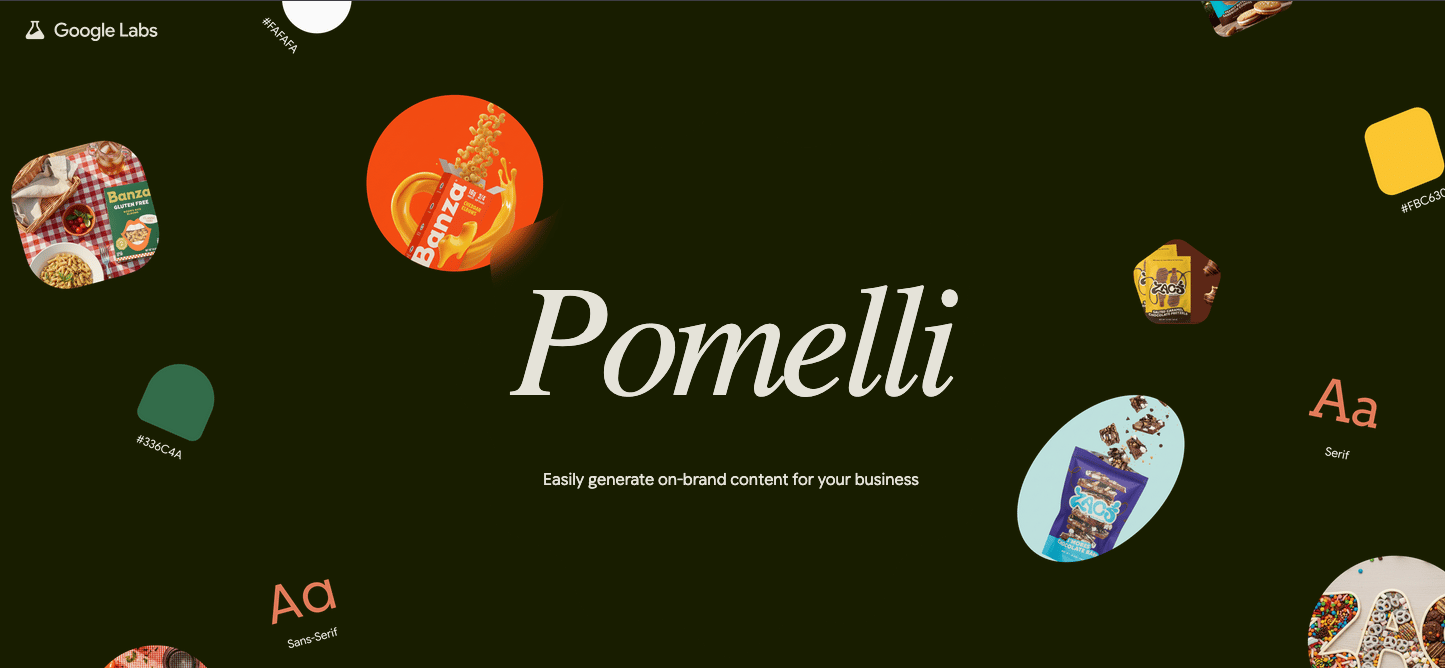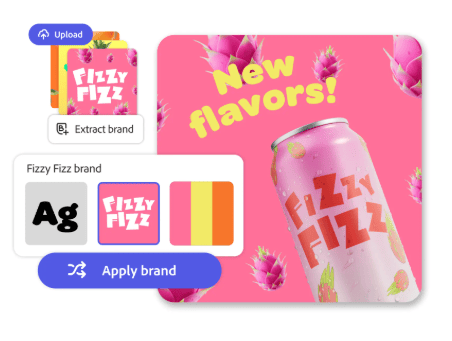- Practically AI
- Posts
- 🧠The Great AI Shift: When Tech Giants Stop Chasing Benchmarks and Start Building Tools That Actually Work 🛠️
🧠The Great AI Shift: When Tech Giants Stop Chasing Benchmarks and Start Building Tools That Actually Work 🛠️
according to these 4 major AI updates this week!
In the last week of October 2025, something remarkable happened. Adobe, Microsoft, Canva, Google, and Cartesia all made major AI announcements. Not one of them led with "our model beats GPT-X on benchmark Y." Instead, they announced practical, job-focused, ready-to-use applications that solve real problems.
This isn't coincidental. It's a signal.
After two years of the "AI model race," we might finally be entering a new phase: the utility era. Business leaders aren't asking "which AI model is the best?" They're asking "can my team use this for actual work?" The budget conversations have shifted from impressing technical leadership to empowering frontline teams.
Here's what you need to know about the five major launches and what they reveal about where practical AI is actually heading.
1. Adobe is all-in on creative safety
Their new Firefly model generates images with editable layers (not flat outputs you can't modify), but here's the real story: they're still the only major player guaranteeing commercial IP protection. They trained exclusively on licensed content. Legal departments can finally say yes. IBM ran a pilot and saw 26x engagement increase because their team could actually use the AI-generated content without risk.
This isn't about having the best image model. It's about having one that procurement and legal will approve. That's the conversation happening in actual businesses.
And here are all the top features launched for the creatives at Adobe Max 2025

Project Light Touch: This generative AI tool lets you reshape light sources after capture—turning day to night, adding drama, or adjusting focus and emotion without reshoots. It’s like having total control over the sun and studio lights (source: Adobe) btw, if you’ve been an old follower, Clipdrop dopped this exact tool back in 2022
2. Cartesia built Sonic 3.0 for real conversations
Sub-100 millisecond latency - faster than a human blink. Handles 42 languages, understands emotion, clones voices with 3 seconds of audio. But technical specs aren't the point. The point is healthcare companies are using it for patient scheduling right now. Gaming studios are building NPCs that respond naturally. It feels conversational in a way other voice AI just doesn't.
They're not claiming superiority on Word Error Rate. They solved the human problem: conversations need flow or people disengage.

3. Microsoft basically said "everyone's a developer now."
Copilot App Builder turns conversations into functional apps. Need a product launch tracker? Describe it. Want a platform to track the conference attendees? Ask for them. No database setup, no coding, everything respects your existing permissions.
I've watched citizen developers in organizations I’ve worked with struggle with IT backlogs for months. This removes that bottleneck entirely. Suddenly, project managers are building tracking systems, marketers are creating approval workflows, operations teams are automating processes and no tickets are required. This just dropped so quality will improve over time, but for people who care about enterprise security and are already in the M365 ecosystem, this is a no-brainer!
Also, Microsoft recently announced a partnership with Anthropic, so I imagine soon it will integrate with Claude Code, which is darling among seasoned engineers turned vibe-coders

4. Google launched Pomelli to level the playing field
It analyzes your website, captures your "Business DNA" aka tone, colors, fonts, patterns. Then generates entire marketing campaigns that actually match your brand. The target? Small businesses and solopreneurs who can't afford agencies.
Here’s my reel to see it in action

What I'm Watching For
The hiring conversation is changing. When I talk with leaders now, they're increasingly prioritizing "AI tool fluency" and "strategic judgment" over pure technical execution skills. Makes sense, if the tools handle execution, the value is in knowing what to build and why.
But here's the thing that keeps coming up in conversations: adoption is harder than capability. Microsoft can build amazing tools, but if your team doesn't trust AI or doesn't understand when to use it, the tools sit unused.
The organizations getting value from these launches aren't just deploying technology. They're having different conversations about work itself, what stays human, what gets augmented, how roles evolve.
I'm curious: are you seeing this utility shift in your organization? What tools are making a real difference in your team's work? The gap between hype and actual adoption is where the interesting learning happens.
Was this post useful? |
Until next time,
Kushank @digitalSamaritan
(This post includes my voice notes reformatted into this newsletter using AI)


Reply